A new award will be created to honour first responders and other heroes from the Bondi terror attack.
Prime Minister Anthony Albanese said he had asked the governor-general to institute a special honours list similar to those used after the Bali…
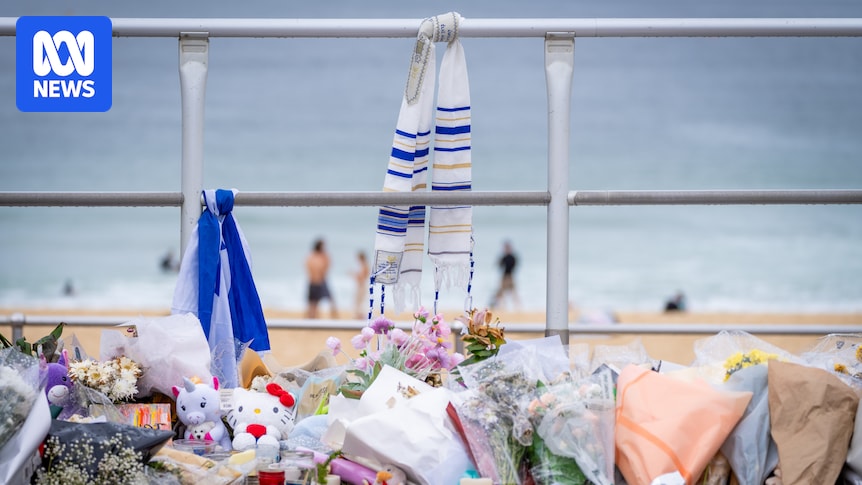
A new award will be created to honour first responders and other heroes from the Bondi terror attack.
Prime Minister Anthony Albanese said he had asked the governor-general to institute a special honours list similar to those used after the Bali…
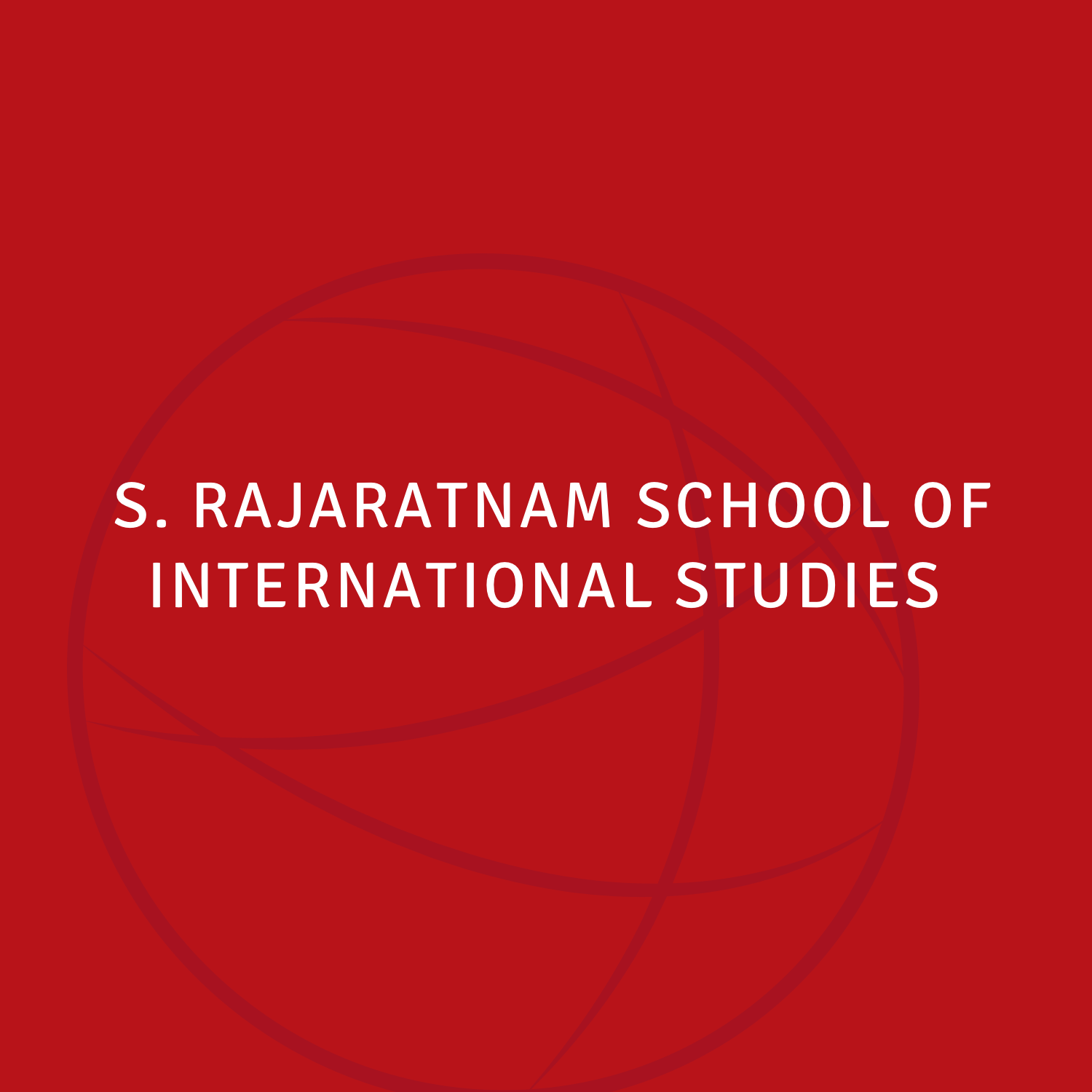
KEY TAKEAWAYS
• The escalation of the land-based conflict between Thailand and Cambodia carries a growing risk of maritime spillover as naval actions and maritime risk signalling create conditions for the…

Recent changes in U.S. visa vetting procedures have expanded social media and online presence reviews for certain nonimmigrant visa applicants. These enhanced reviews are contributing to significant processing…
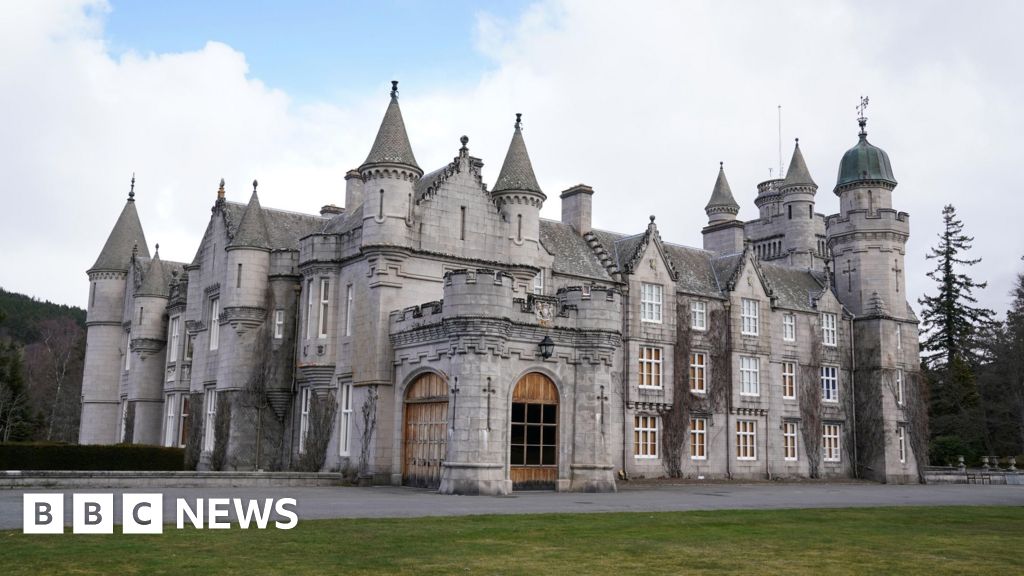
 PA Media
PA MediaAn email sent from an individual named “A”, saying they are at Balmoral and asking Ghislaine Maxwell for “inappropriate friends”, is among the latest tranche of Epstein files released on Tuesday.
The message, sent to Maxwell on 16 August…
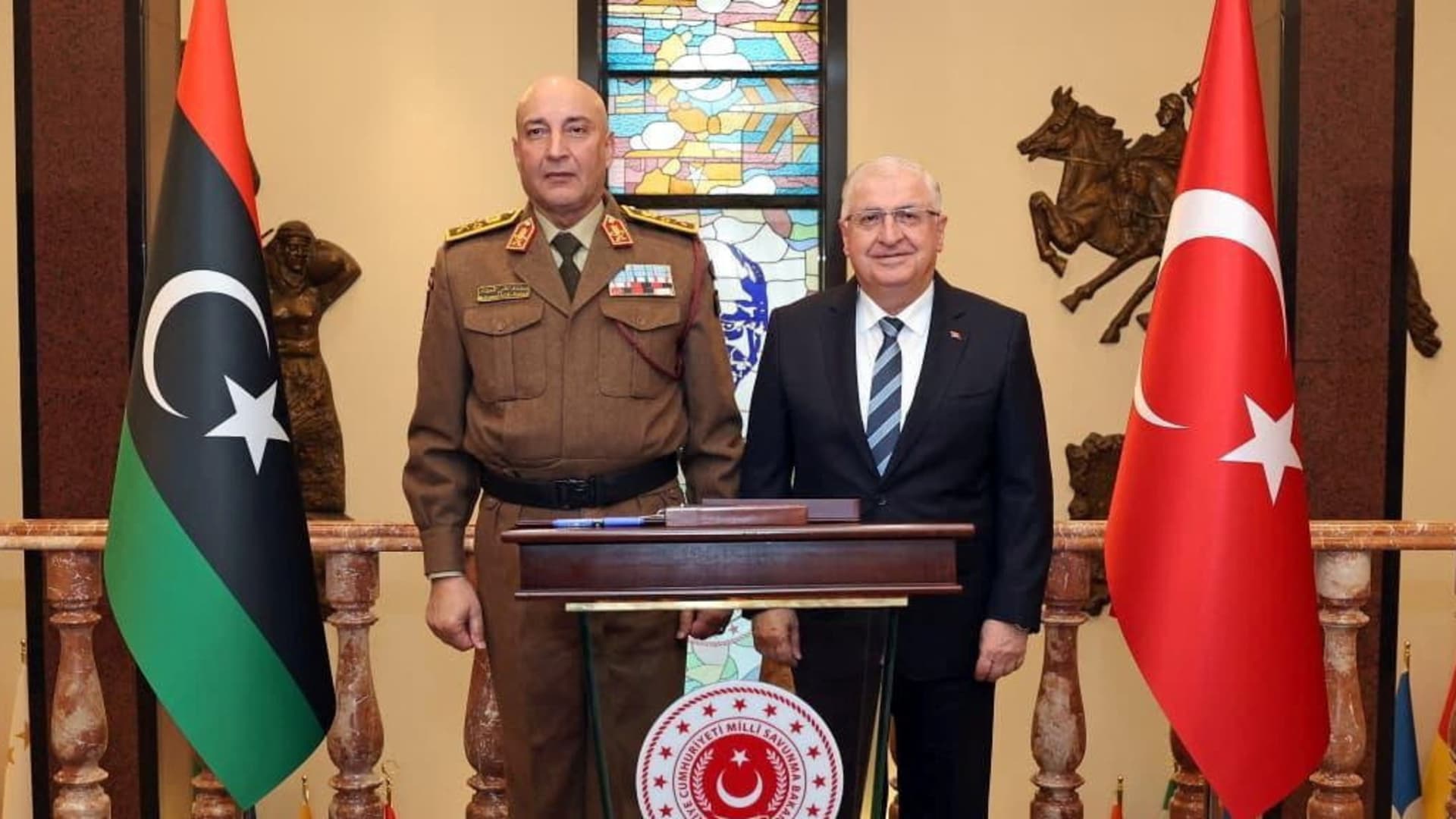
Turkish Defence Minister Yasar Guler meets with Libya’s army chief of staff Mohammed Ali Ahmed Al-Haddad in Ankara, Turkey, December 23, 2025.
Defence Ministry | Via Reuters
The Libyan army’s chief of staff, Mohammed Ali Ahmed Al-Haddad, died in a…
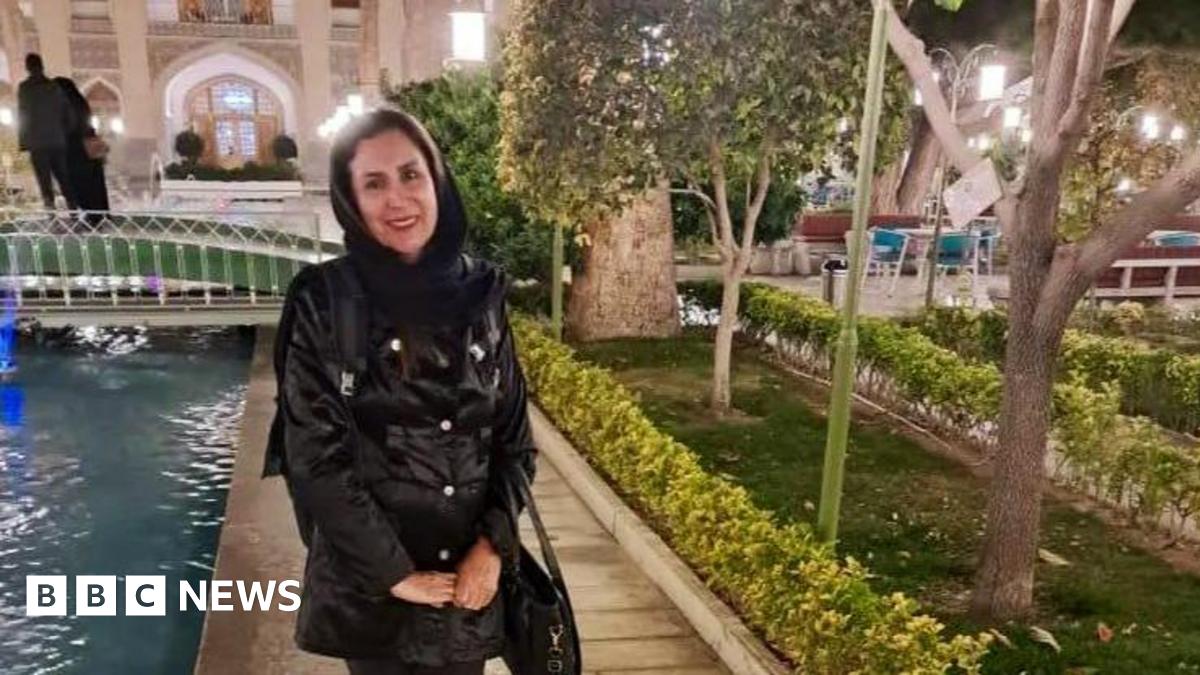
The UN Human Rights Council’s special rapporteurs on human rights in Iran, violence against women and arbitrary executions, as well as the five members of the working group on discrimination against women and girls, warned in a joint statement,